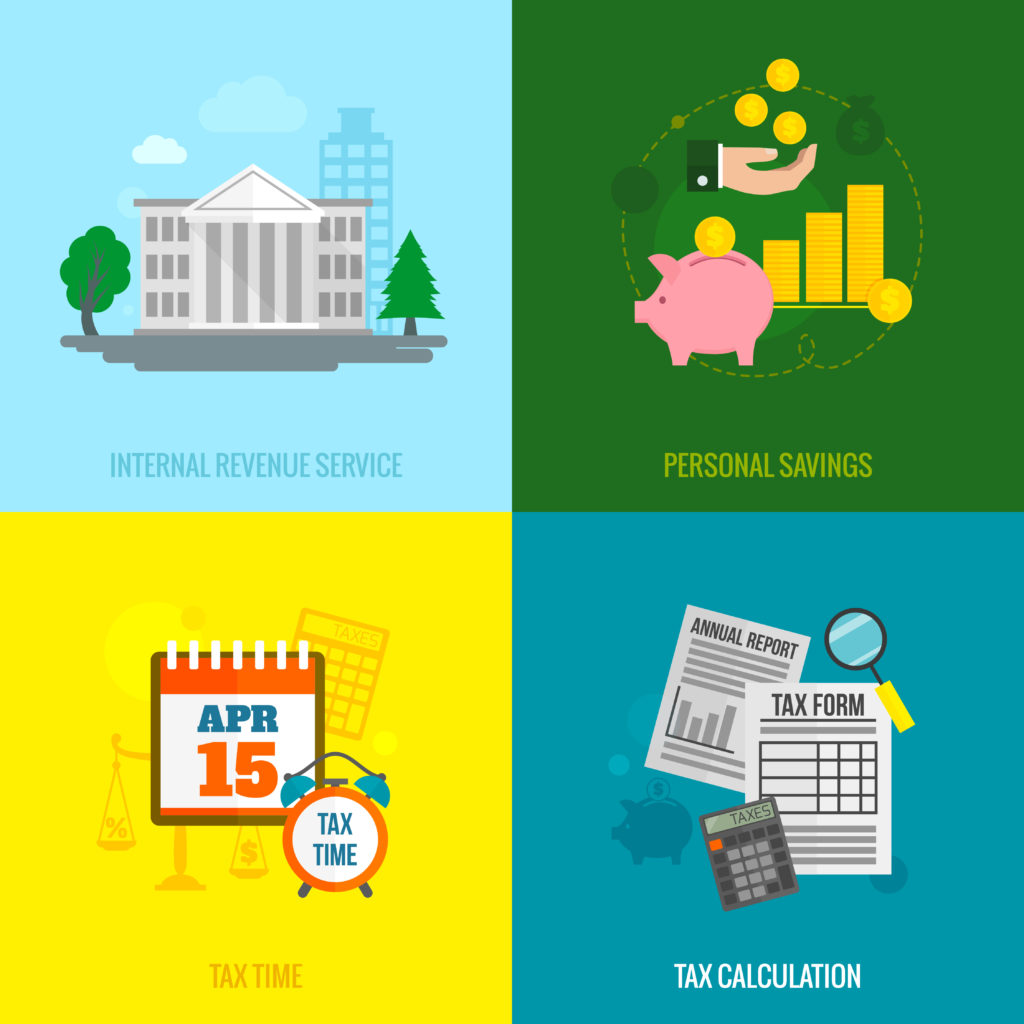Is the Government Going to Tax You for Using the Internet?

Is the Government Going to Tax You for Using the Internet?
Taxes, taxes and more taxes: that appears to be the government’s answer for just about every problem we face in society. There seems to be no end to the list of things that the government wants to tax. Now it seems that Americans could be in for yet another tax, simply for using the Internet.
Is this subject new?
The subject of taxing Internet use has been broached before, but we have always been protected from such taxes thanks to the Internet Tax Freedom Act. However, time is starting to run out on that act and if the Senate fails to vote to permanently extend the act by November 1, then we could all be seeing a significant increase in our Internet usage bill.
Can we come together on internet use?
So, what’s the problem? Good old bipartisan politics it appears. Congress has already passed off on the Permanent Internet Tax Freedom Act, but attempts to get it approved in the Senate have so far been unsuccessful. In fact, when the act was brought up in July, Senate Majority Leader Harry Reid put the kybosh on even discussing it.
So what does that mean for the public? It means consumers could be paying as much as $15-$20 more a month for Internet usage. So why are democrats not cooperating? Apparently they are trying to pass a similar act that would also include the Marketplace fairness Act (MFA).
So what is the MFA? It’s essentially another tax. Its purpose is to impose a sales tax for all Internet transactions, in an effort to make the marketplace fairer for online retailers. So apparently the Senate’s answer is to stop one tax by imposing a different one.
At GROCO we believe in saving you money on taxes, despite the government’s efforts to take as much as they can. Click here to see how we can help you do that.
We hope you found this article “Is the Government Going to Tax You for Using the Internet?” helpful. If you have questions or need expert tax or family office advice that’s refreshingly objective (we never sell investments), please contact us or visit our Family office page or our website at www.GROCO.com. Unfortunately, we no longer give advice to other tax professionals gratis.
To receive our free newsletter, contact us here.
Subscribe to our YouTube Channel for more updates.

Alan Olsen, is the Host of the American Dreams Show and the Managing Partner of GROCO.com. GROCO is a premier family office and tax advisory firm with clients all over the world.
Alan L. Olsen, CPA, Wikipedia Bio

GROCO.com is a proud sponsor of The American Dreams Show.

The American Dreams show was the brainchild of Alan Olsen, CPA, MBA. It was originally created to fill a specific need; often inexperienced entrepreneurs lacked basic information about raising capital and how to successfully start a business.
Alan sincerely wanted to respond to the many requests from aspiring entrepreneurs asking for the information and introductions they needed. But he had to find a way to help in which his venture capital clients and friends would not mind.
The American Dreams show became the solution, first as a radio show and now with YouTube videos as well. Always respectful of interview guest’s time, he’s able to give access to individuals information and inspiration previously inaccessible to the first-time entrepreneurs who need it most.
They can listen to venture capitalists and successful business people explain first-hand, how they got to where they are, how to start a company, how to overcome challenges, how they see the future evolving, opportunities, work-life balance and so much more..
American Dreams discusses many topics from some of the world’s most successful individuals about their secrets to life’s success. Topics from guest have included:
Creating purpose in life / Building a foundation for their life / Solving problems / Finding fulfillment through philanthropy and service / Becoming self-reliant / Enhancing effective leadership / Balancing family and work…

MyPaths.com (Also sponsored by GROCO) provides free access to content and world-class entrepreneurs, influencers and thought leaders’ personal success stories. To help you find your path in life to true, sustainable success & happiness. It’s mission statement:
In an increasingly complex and difficult world, we hope to help you find your personal path in life and build a strong foundation by learning how others found success and happiness. True and sustainable success and happiness are different for each one of us but possible, often despite significant challenges.
Our mission at MyPaths.com is to provide resources and firsthand accounts of how others found their paths in life, so you can do the same.
Family Limited Partnerships: Pros and Cons
Family Limited Partnerships: Pros and Cons A new approach to managing family wealth, the family limited partnership (FLP) has become popular in recent years. As an alternative, a Family Limited Liability Company may be used with similar results. These techniques offer several possible advantages: Family Limited Partnerships • consolidation of assets for convenient management; •…
Taxpayers May Claim Deductions for Vacation Homes
Taxpayers May Claim Deductions for Vacation Homes Updated: 3/22/13 Taxpayers are allowed to claim deductions for their primary residence and one vacation or second home. In the case of the main residence, tax breaks are usually limited to mortgage interest and property tax deductions. However, there are more deductions available when you own a second…
Employee Retention: Reasons Employees Leave
Employee Retention: Reasons Employees Leave Workers still consider a competitive pay and benefits package to be indispensable, but employers need to offer more than that to keep employees satisfied and on the job. Nearly all of the workforce (96 percent) rated a fair salary as very or somewhat important and 93 percent said the same…
The 7 Traits of an Exceptional & Successful Entrepreneur
By Robert Moment Though some people seem to have the Midas touch and easily turn everything to gold, most of us have to give our endeavors lots of time, effort and the sweat of our brow before seeing things come to fruition. The simple truth is that the majority of us are simply not born…




